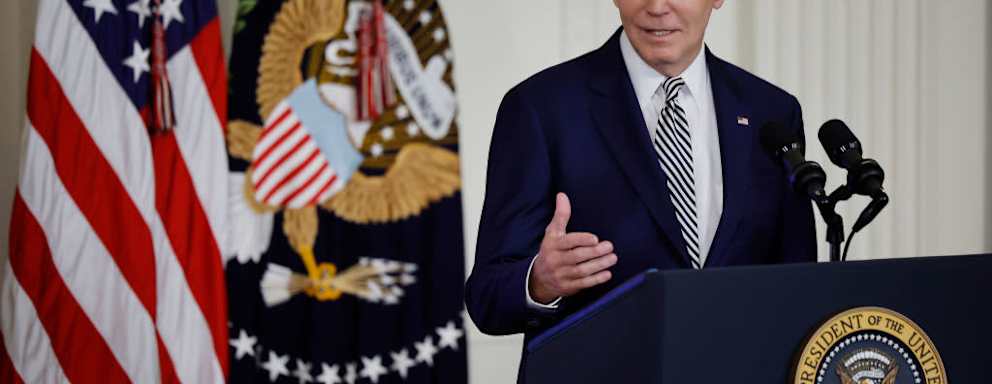Biden Updates Debt Forgiveness Plan to Focus on Long-Term, High-Debt Borrowers
 Credit: Image Credit: Chip Somodevilla / Getty Images News
Credit: Image Credit: Chip Somodevilla / Getty Images News- The Department of Education is crafting a new plan to offer widespread federal student loan debt forgiveness.
- President Joe Biden’s latest proposal narrows the scope of debt forgiveness.
- It will target the most high-need borrowers, rather than offer blanket debt forgiveness.
- Higher education stakeholders will debate the merits of this latest proposal in early November.
President Joe Biden’s administration revealed which borrowers will benefit from its newest federal student loan forgiveness program.
The Department of Education (ED) released draft regulations Monday that outline the types of borrowers who will see their debt erased under the president’s next plan. The proposal includes the following types of borrowers who would benefit:
- Borrowers who first entered repayment 25 years ago
- Borrowers whose current balance is more than the original amount they borrowed
- Borrowers who attended a career training program that led to unreasonably high debt or “unacceptably high” loan default rates
- Borrowers who would have qualified for forgiveness under another forgiveness program, like Public Service Loan Forgiveness (PSLF), or a repayment plan but never applied
ED’s proposal implies that it would erase all outstanding debt for most of these categories of borrowers.
For example, the department’s regulations would “waive the outstanding balance of a loan” for those who entered repayment 25 years ago. This includes any time spent in forbearance, deferment, or default.
The same applies to borrowers who would have qualified for forgiveness through repayment plans or other forgiveness programs.
The one category that remains unclear is borrowers who owe more now than they originally borrowed. According to the regulations, the department may “waive all or a portion of” the outstanding debt that exceeds the original loan.
The department left a note for negotiators to discuss whether “all or a portion” is appropriate.
ED is crafting this proposal through a process known as negotiated rulemaking. Through this, ED gathers higher education stakeholders to discuss potential regulations and vote on the department’s proposals. Negotiators will meet again Nov. 6 and 7, and then again Dec. 11 and 12.
The department said it wants to focus on debt forgiveness for a fifth set of borrowers during its next negotiations: borrowers experiencing hardship.
Negotiated rulemaking is a lengthy process that could stretch into October 2024.
The department and negotiators first met Oct. 10 and 11 to discuss the new student loan forgiveness plan. The department’s representative described those sessions as more of a “listening” opportunity for ED, and these recent draft proposals are the first formal recommendations the department is making to negotiators.
The negotiated rulemaking is a response to the U.S. Supreme Court striking down President Biden’s initial debt forgiveness plan, which offered blanket forgiveness to borrowers under an income threshold.